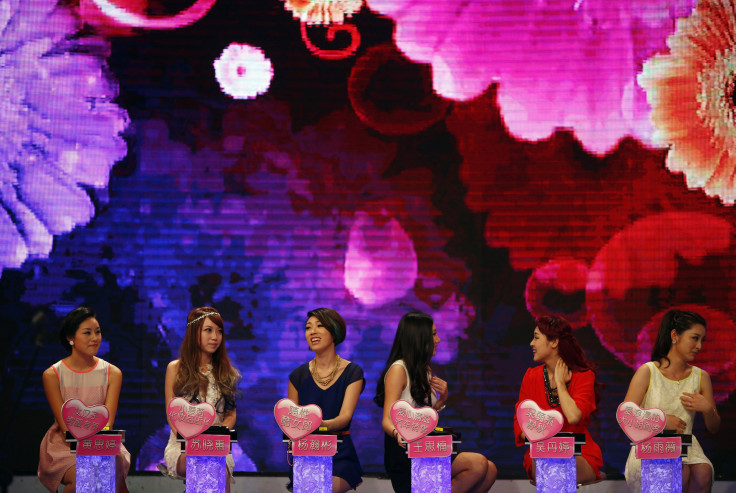China To Cut Foreign Talent Show Entertainment Television Programming: Shows Like 'The Voice' To Go

China’s infamously strict media watchdogs have announced they are cracking down on the newest media threat to the Chinese public: reality television. According to the South China Morning Post of Hong Kong, the government will restrict satellite television broadcasts of foreign television shows.
The General Administration for Press and Publication told a state-run local news outlet, the Shanghai Securities Journal, that it will drastically tighten an existing policy that was initiated in February, which capped broadcasts of foreign television shows to 50 episodes. The new restrictions will cut that quota down to only one foreign program each year, starting in 2014. On top of that, it declared that foreign programming could not air during the prime time hours of 7:30 to 10 p.m.
Reality television is arguably one of America’s biggest "cultural exports.” As such programs start to gain traction in the Chinese market, an alarmed Beijing is stepping in. Reportedly, the government is concerned about the quality of the programming and hopes to increase “morality-building” in television content, as opposed to purely entertainment shows. “American Idol”-like talent competitions, which have become increasingly popular in China, are also being targeted. Indeed, Chinese spinoff shows like “China’s Voice,” a local version of NBC’s “The Voice,” or “China’s Got Talent,” a take on “Britain’s Got Talent,” have proven to be ratings winners. But the Chinese government is not satisfied with the “educational value” imparted by such shows, and hopes to cut down on such content next year.
The new rules will require that television stations air programs with heavy educational content, like documentaries and historical programming, so that they represent at least 30 percent of the channels’ total broadcasts.
A report by the Shanghai Daily also noted the government’s concern over the foreign influence of such shows, saying the measures are intended to promote domestic content. While this may be a surprise, considering China is opening its doors to Hollywood movie production, it is important to note that Hollywood fare is being tailored to meet Chinese standards.
Though Hollywood has been infiltrating Chinese screens, as the nation is poised to become the U.S. film industry’s No. 1 market, the government remains for the most part in control. Not only does the State Administration for Radio, Film and Television cap foreign movie openings at 23 per year, but it has final say on what will actually be seen. In the past, the censorship body cut almost 40 minutes out of the science-fiction thriller "Cloud Atlas," and has removed scenes from blockbuster flicks like "Titanic," "Pirates of the Caribbean" and the most recent James Bond installment, "Skyfall."
© Copyright IBTimes 2024. All rights reserved.












